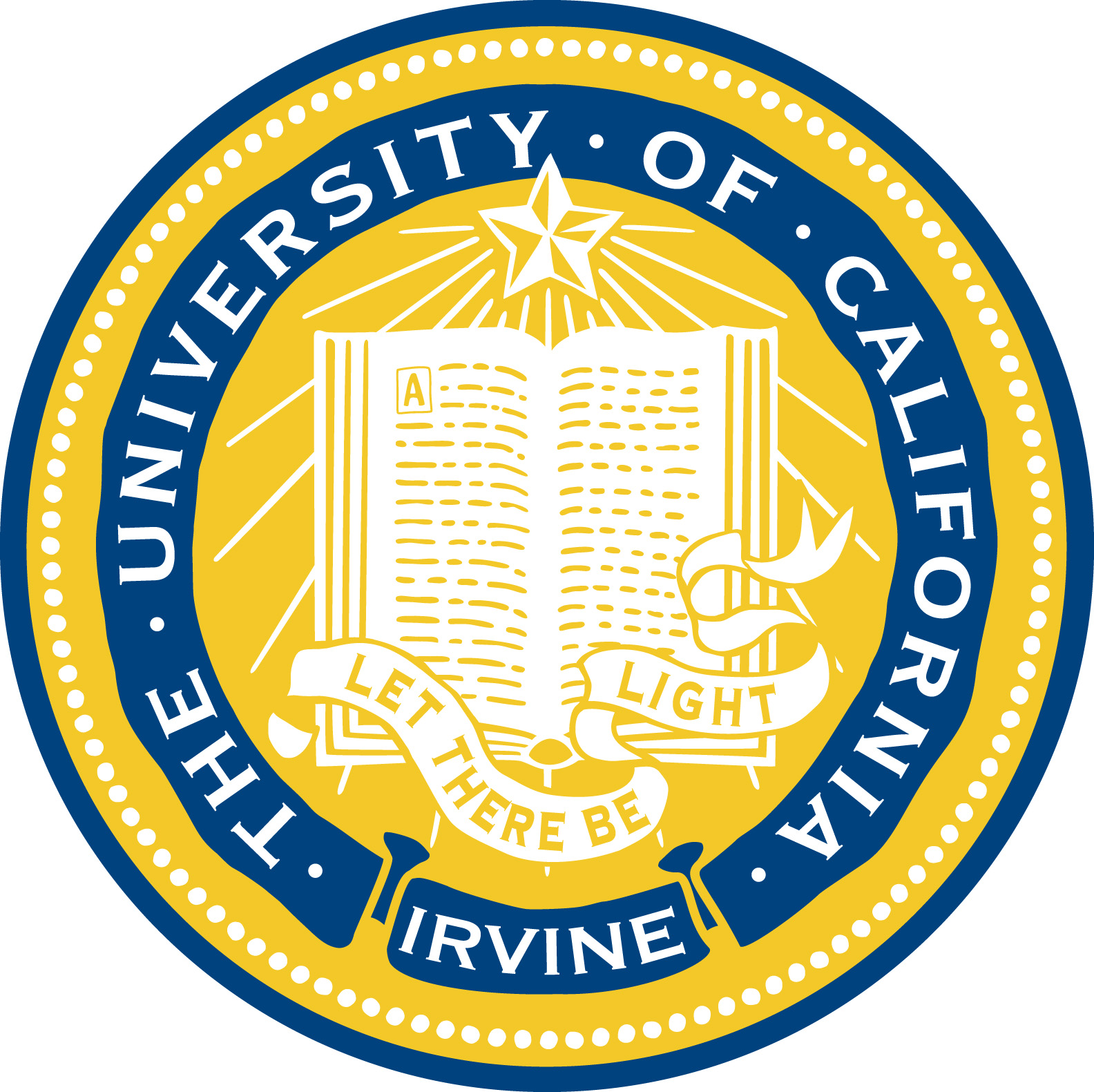Ensuring resilience and dependability in next generation sensing/actuation, computation and communication infrastructures
The next generation of safety and security is in the hands of technology. For instance, the homes of aging adults can be embedded with tools that track if they are safe, breathing, or mobile. But what happens if these systems fail? What if a person is dependent on technology but it doesn’t work? Research must develop these new tools while making sure that there are redundancies that serve as a backup for when technology becomes unavailable or overloaded in crises. Dr. Nalini Venkatasubramanian, Professor of Information and Computer Science at the University of California, Irvine, develops techniques and tools to enable intelligent adaptation of diverse sensing/actuation, computation, and communication infrastructures to meet the joint goals of performance, dependability, and scale. In short, her research aims to create adaptive systems that integrate highly diverse computing systems, networks, and software systems to help realize the needs of applications that have significant community and broader impact.
Dr. Venkatasubramanian’s work combines theoretical foundations with significant system building tasks while aiming to build tools with real-world applications. This will help ensure that emerging technologies are allowed to thrive while correctly managing user expectations from them. Her engagement with scientists from different disciplines as well as collaborations with various agencies, local governments, and industry partners has nestled her in a unique space where her research has true meaning for the communities she serves. In fact, successful deployment of her technology has improved emergency response times while disseminating information to the public. In recent efforts initiated by the White House, NIST, US Ignite SmartAmerica and Global Cities Challenges, Dr. Venkatasubramanian was a key member of the SCALE project which sought to ensure resilience of communities. Thus, from her lab to the community at large, Dr. Venkatasubramanian’s diligence and dedication put her research at the forefront of large scale dynamic distributed systems engineering.
Current research includes:
- Project RESCUE: Dr. Venkatasubramanian was a key member of the RESCUE project that aimed to radically transform the ability of responding organizations to gather, manage, use, and disseminate information within emergency response networks and to the general public. Her expertise was sought in various aspects of the project including multimodal data collection, robust networking at crisis sites, event-driven situation awareness and customized rapid dissemination of emergency warnings to the public. Additionally, she played a key role in the design of system artifacts for the emergency response community.
- SAFIRE: The SAFIRE project aims to create situational awareness for firefighters in the midst of fighting the fire. Here, sensors installed in and around disaster areas and on fire personnel can help to gain awareness of the state of the environment and health of the fire fighter and alert personnel about dangerous conditions. By developing tools that help crowdsource information about a disaster, bystanders are able to assist firefighters in the causes of a fire.
- SCALE Safe Community Awareness and Alerting: Dr. Venkatasubramanian’s efforts in the SCALE project are helping to ensure resilience of communities (in particular, vulnerable populations) through inexpensive IoT devices placed abundantly in communities (homes, public spaces etc.) and on individuals. It is her hope that she can ensure reliable, dependable, and secure operations at a low-cost, thereby making the Internet of things accessible to all.
- Community Infrastructure: In new efforts such as the AquaSCALE project, Dr. Venkatasubramanian and her team are extending the notion of dependability and resilience into urban lifelines such as water, energy, and transportation systems. For instance, by developing tools that can detect and manage water leaks or contamination, Dr. Venkatasubramanian is helping communities to manage critical resources in a more resilient, efficient and effective way. This technology may be especially important to cities suffering from droughts where finding and fixing water leaks could make a substantial difference.
Bio
Dr. Nalini Venkatasubramanian has been studying large-scale dynamic distributed systems and how adaptation is a fundamental aspect that must be engineered into the system architecture for many years -- in particular, at the middleware layer. For over a decade, she has been interested in applying adaptive middleware approaches to deal with the dynamic needs of mission critical applications that touch the public at-large including emergency response, public safety, and resilient community transaction infrastructures.
Website: http://www.ics.uci.edu/~nalini


